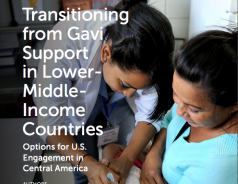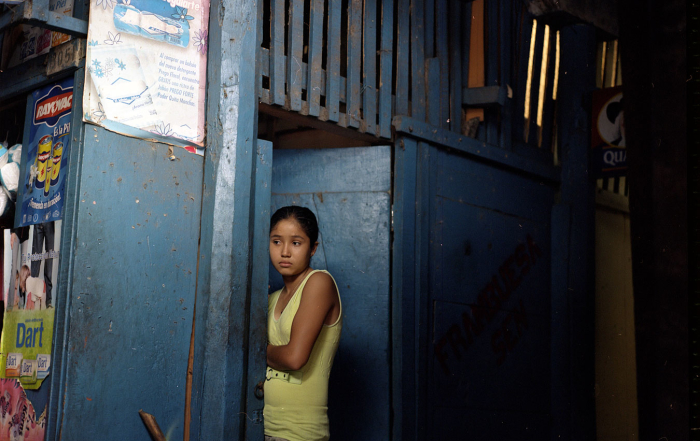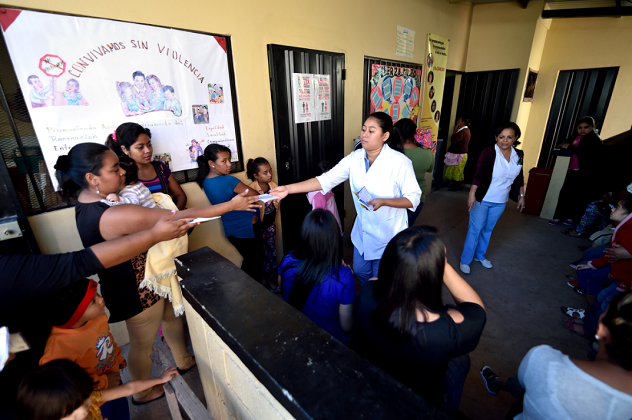Since 2000, the U.S. government has been a strong supporter of Gavi, the Vaccine Alliance, contributing more than US$730 million through the end of December 2015 to advance the public-private partnership’s effort to introduce new and underutilized vaccines in the world’s poorest countries.
Lower-income countries receiving Gavi assistance have long been required to cofinance a portion of each vaccine dose procured with Alliance funds, with the expectation that as the countries grow economically and reach lower-middle-income country status (LMIC), they will eventually transition away from Gavi support.
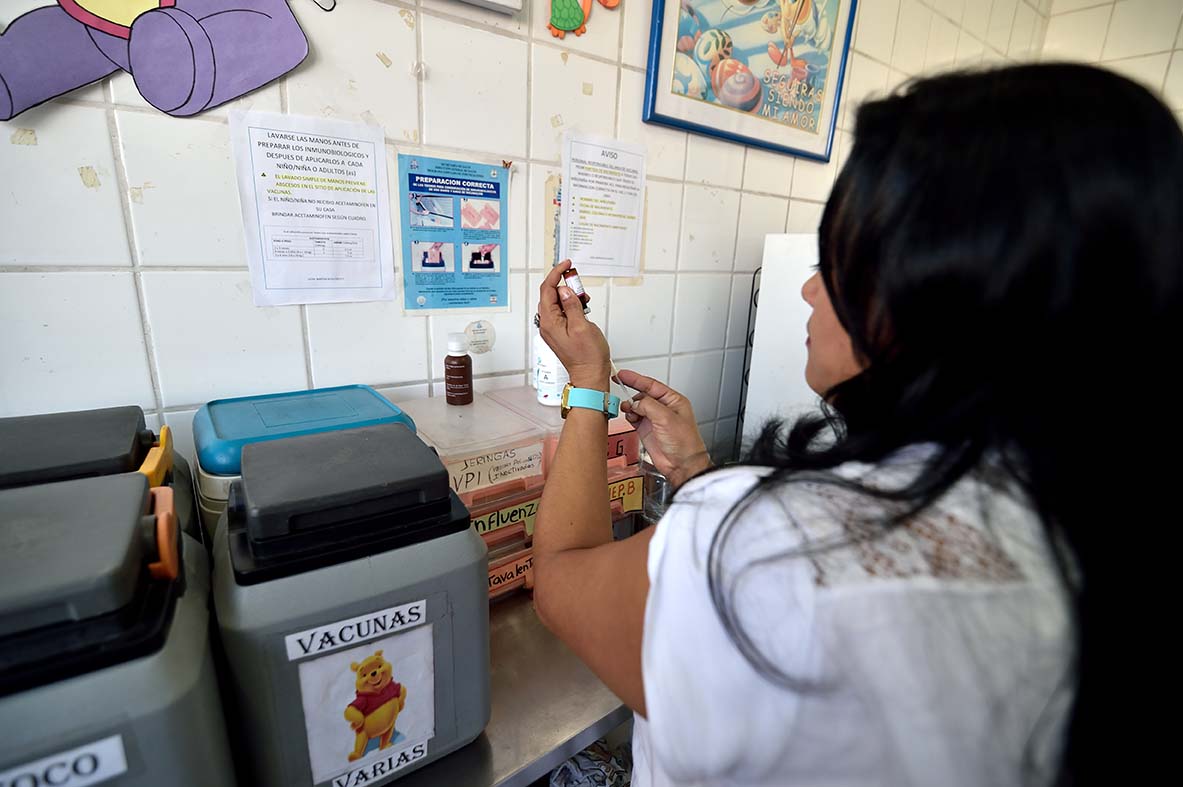
Photo credit: Daniel Mendoza
The long history of U.S. support for global maternal and child health programs, its emphasis on assisting countries in strengthening their immunization programs, and considerable U.S. investments in Gavi, the Vaccine Alliance, over the past 15 years all underscore why the United States has an interest in ensuring that LMIC transitions from Gavi support proceed smoothly and sustainably.
Yet in many LMICs, the United States is scaling
back its bilateral engagement on health.
In Latin America and the Caribbean, where the United
States has supported maternal and child health
programs since the 1960s, the recent drawdown of
resources for health has been notable, with bilateral
support for health programs now in only a handful of
countries and focused primarily on HIV/AIDS.
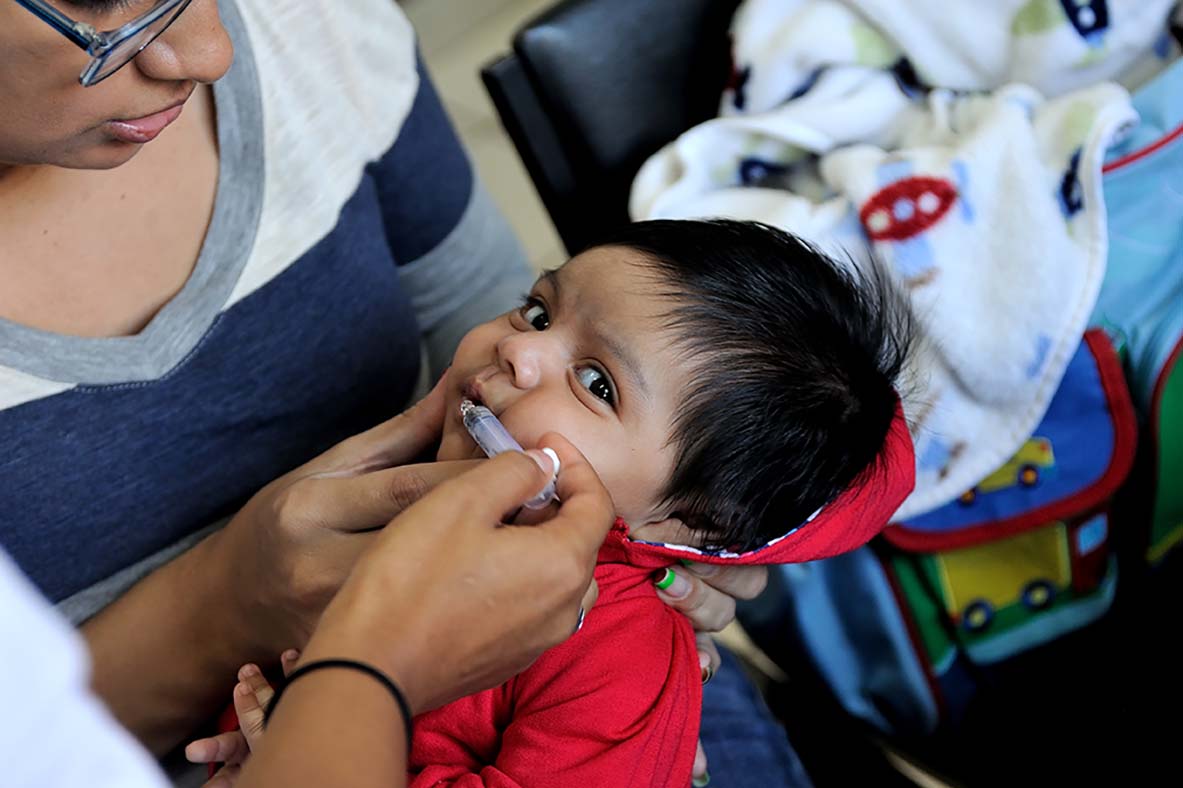
Photo credit: Daniel Mendoza
To examine the Central American countries’ experience with the Gavi transition and to assess prospects for future U.S. engagement in strengthening immunization in LMICs, a small team from the CSIS Global Health Policy Center traveled to the Republic of Honduras and the Republic of Nicaragua in January 2016. Important questions included the following:
-
What roles have the United States and other partners played in strengthening immunization programs in the Central American region?
-
What has been the impact of Gavi support in Honduras and Nicaragua?
-
What have been the countries’ experiences in preparing for, or moving through, the Gavi transition?
-
What role can the United States play in promoting a sustainable transition from Gavi support, especially where it no longer supports bilateral engagement on maternal, newborn, and child health (MNCH) issues?
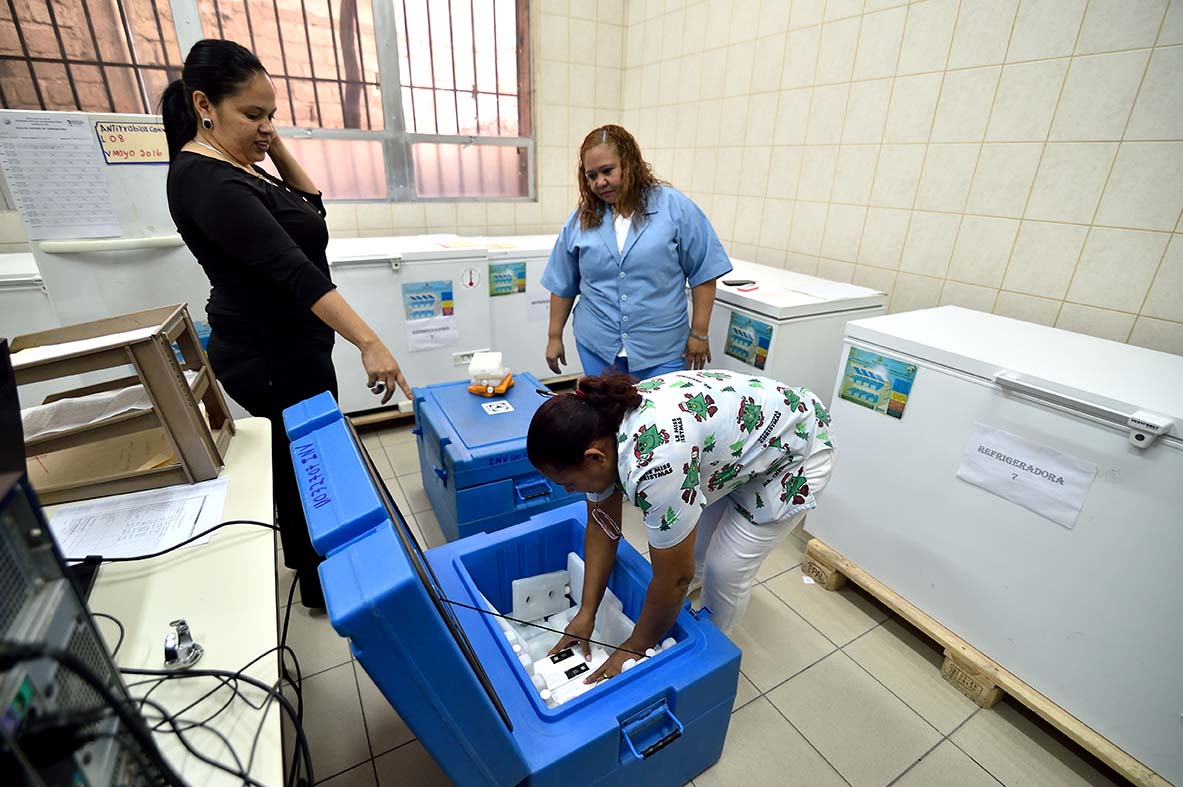
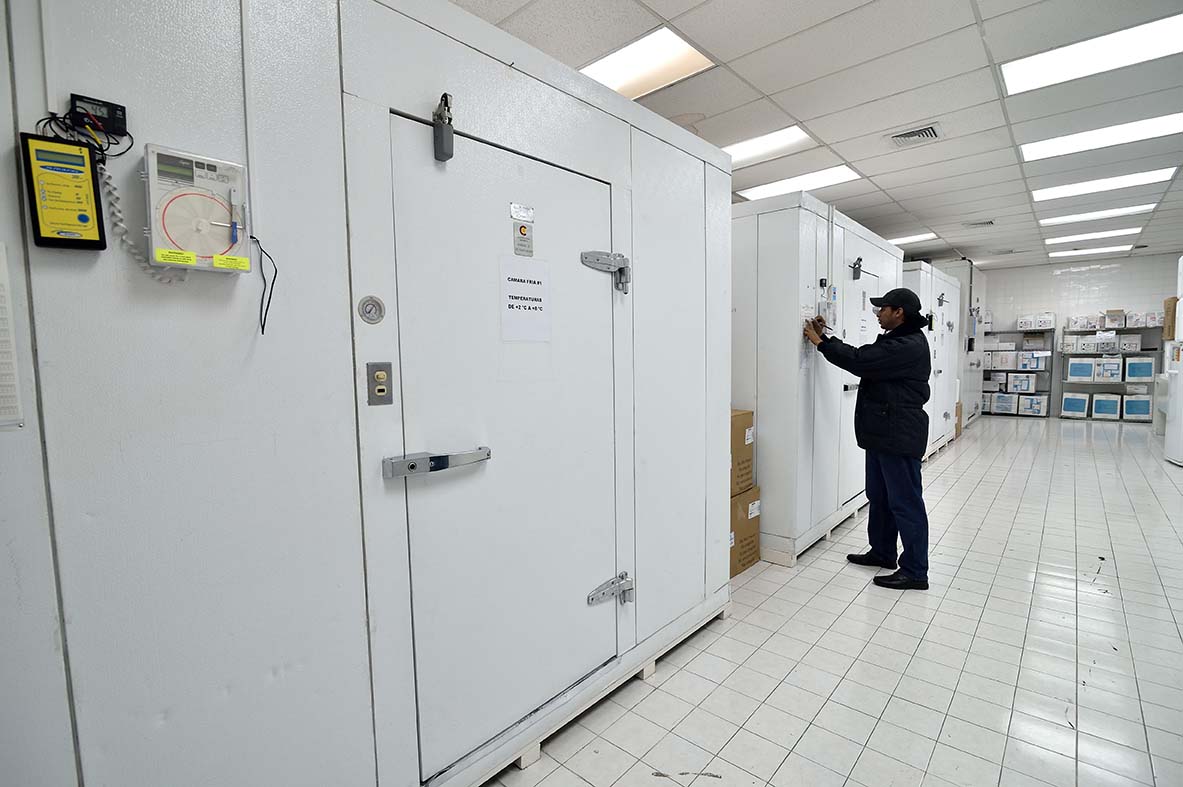
Photo credit: Daniel Mendoza
In both Honduras and Nicaragua,
national immunization programs have served
as models for a region that already has high standards
when it comes to immunization program performance.
Immunization programs enjoy a high political profile
in both countries, and citizens in Honduras and
Nicaragua generally express confidence in
government-provided vaccines.
Thanks to support from Gavi, the PAHO Revolving Fund,
bilateral development partners, and other donors,
both Honduras and Nicaragua have successfully
introduced a number of the newer and underutilized
vaccines, such as the rotavirus vaccine and pneumococcal
vaccine, and have maintained generally high
immunization coverage rates, even as health indicators
in other areas of maternal, newborn, and child health
lag behind.
Yet both countries face significant political, technical, and social challenges to the sustainability of immunization programs, challenges that may affect the long-term success of each country’s transition from Gavi support.
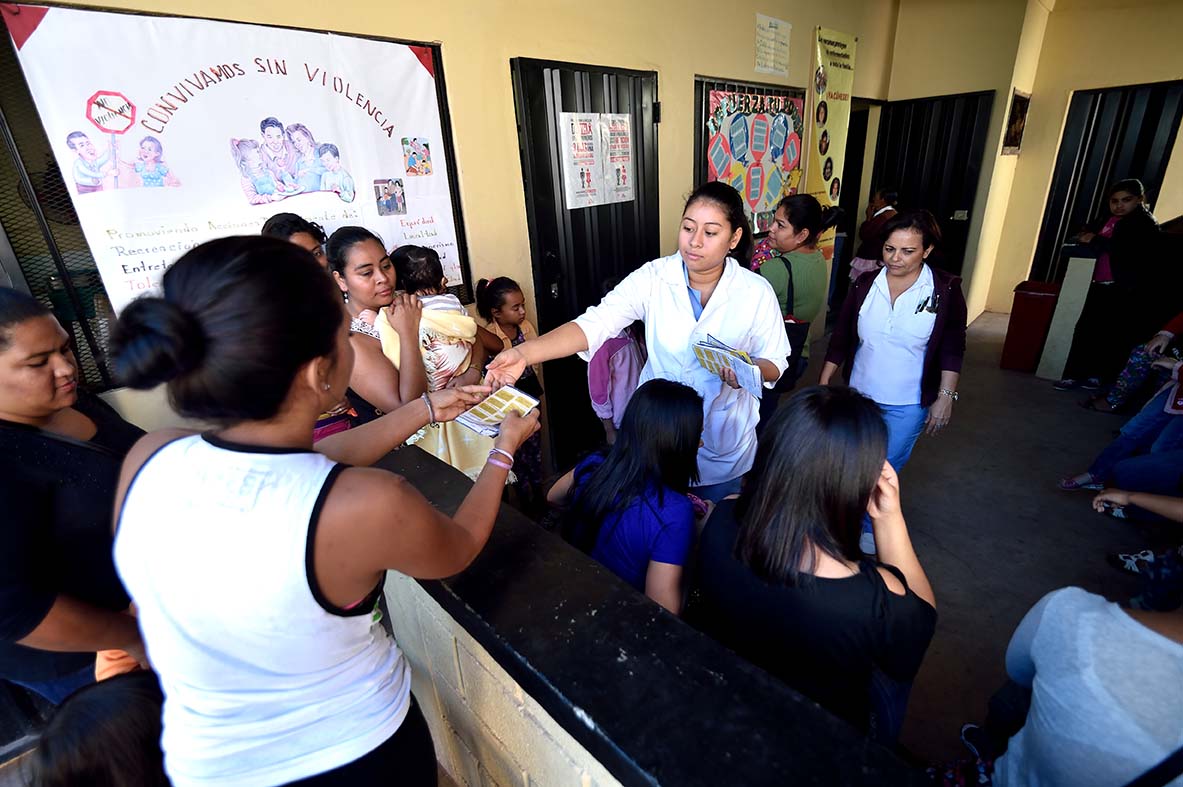
Photo credit: Daniel Mendoza
We identified three areas where the United States has an opportunity to contribute to the sustainability of immunization programs in Central American LMICs within the context of their transition from Gavi support:
-
At the global level, the United States can use its position on the Gavi Board to advocate for continued refinements to transition policies to give countries extended access to low Gavi prices, or longer than five years to move toward full financing. It can also advocate that other governments that support Gavi increase their yearly contributions to the Alliance, as the United States has done in recent years.
-
At the national level,the sustainability of high-performing immunization programs in Honduras and Nicaragua is at risk because of financial and technical challenges. The United States could revisit its decision to draw down bilateral health assistance in the two countries, or it could use resources within other well-funded programs, such as those related to food security or democracy and governance, to strengthen program integration and citizen engagement, recognizing that poor health is both a driver of and a consequence of inequality and insecurity.




